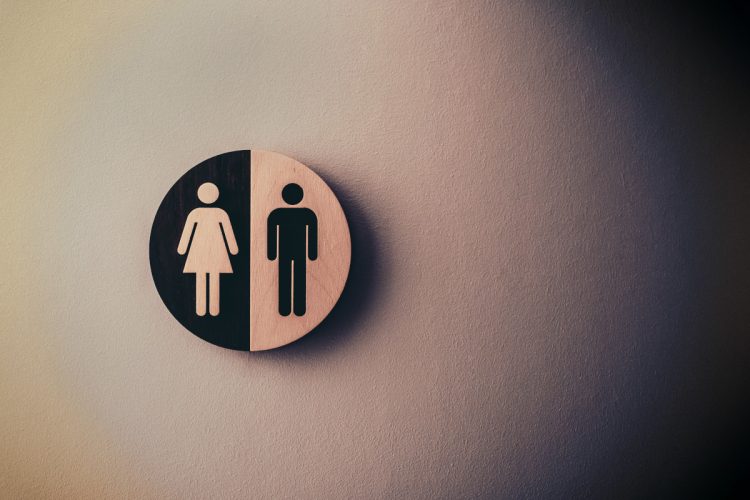As a part of the lecture series “New Views, Perspectives and Research on Gender Theory” organized by the Study and Research Group for Gender Equality and Public Policy of the Institute of Social Sciences, Dr. Ankica Šobot, Research Associate at the Institute of Social Sciences, and a member of its Study and Research Group on Gender Equality, held an online lecture “Demography and Gender Studies” on September 15, 2021.
Dr. Ankica Šobot presented the relationship between demography and gender studies from the point of view of the clearly defined anthropological character of population science as a conceptual framework that provides strong arguments for the application of a gender perspective in demographic analysis and researches. The contribution of demographic knowledge to issues closely related to gender and gender relations is visible not only through data, but also through the results of empirical and qualitative research. It is possible to identify gender models of behavior at the aggregate level, to notice changes over time, to perceive spatial and socio-cultural features as well as intergenerational comparisons.
In addition, demography contains relevant knowledge related to recognizing the male perspective and researching masculinity, as well as that concerning the importance of the gender aspect in public policies. Concluding about contributions of demography, Dr. Šobot emphasized that the facts show that traditional patterns of gender roles have a negative impact on the male population, as well as on various aspects of demographic development. The engagement of contemporary demography is visible not only through the contribution to policy making, but also through a critical attitude towards gender inequality and unfavorable socio-economic and cultural aspects because such circumstances, endangering the functioning of family communities and quality of life of different generations, are not favorable from the point of view of demographic development.
During the discussion, special interest was expressed regarding the gender aspect of reproductive behaviour in developed countries, pointing out the possibilities and limitations of achieving balance which is manifested through the simultaneous existence of more egalitarian gender regimes and higher fertility rates. The participants, both demographers and those who are more focused on gender studies, agreed when it comes to the complexity of the relationship between gender patterns and reproductive behaviour. Within this framework, in addition to the still significant gender differences that show about the unfavorable position of women, the issues connected with position of men was crystallized, as an important segment of the changes of traditional gender role division.

